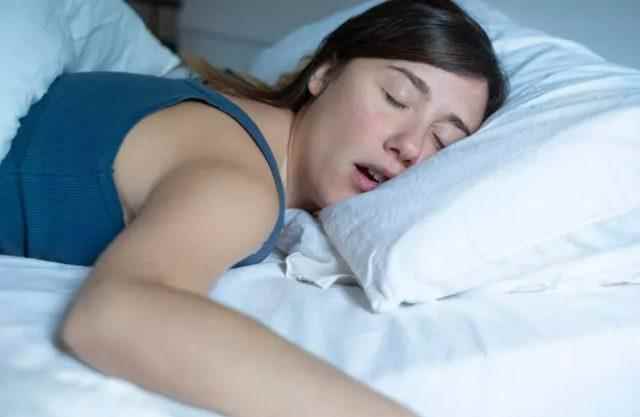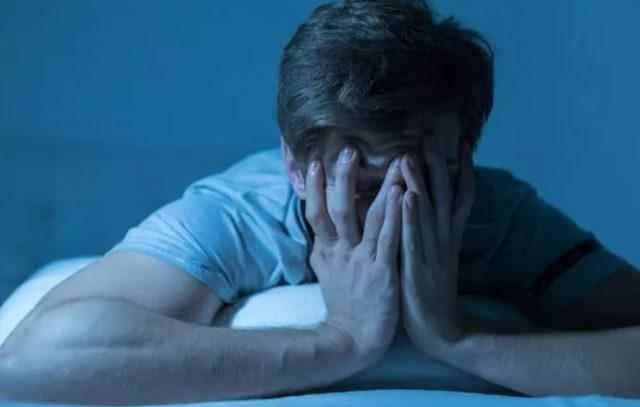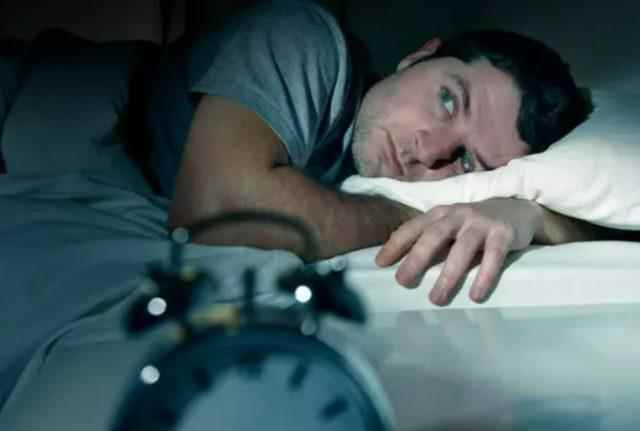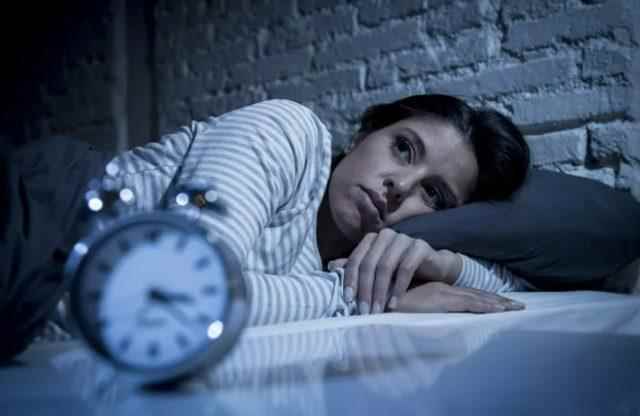Sleeping routine affects both our health and our life energy. Many sleep problems can increase the risk of developing various diseases. Scientists have observed in their studies that people who sleep five hours or less a day have the highest risk of having a heart attack.
People with both diabetes and insomnia were twice as likely to have a heart attack. It has been found that women who suffer from insomnia are more vulnerable to the risks of this disease. If you have insomnia, you may have trouble falling asleep, staying asleep, or getting quality sleep.
PEOPLE WITH THESE DISEASES BEWARE

“Our study showed that people with insomnia are more likely to have a heart attack regardless of age, and heart attacks occur more frequently in women with insomnia,” said Yomna E. Dean, a medical student at the University of Alexandria in Egypt. “Not surprisingly, people who suffered from insomnia and also had high blood pressure, cholesterol or diabetes had an even higher risk of having a heart attack than those who did not,” he added.
THE LARGEST RESEARCH ON SLEEPlessness

While a number of studies have linked insomnia to cardiovascular and metabolic diseases, this latest analysis is the largest to date. Researchers pooled 1,226 studies and evaluated data for 1,184,256 adults — 13 percent of whom had insomnia. Of these, 2,406 had a heart attack. Most of the patients observed in the study (96 percent) had no prior history of the condition.
“WE DON’T PRIORITIZE SLEEP AS NECESSARY”
Ms Dean said, “Insomnia is the most common sleep disorder, but in many ways it is no longer just a disease but more of a life choice. We don’t prioritize sleep as much as we should.”

The researchers also looked at whether individual insomnia symptoms increased patients’ risk of heart attacks. They found that people who had trouble falling asleep and staying asleep were 13 percent more likely to have a heart attack. However, no higher risk was seen in patients who got enough hours of sleep but did not wake up feeling refreshed.
HOW MUCH DO YOU SLEEP?
According to the study, people who sleep 5 hours or less each night are more likely to have a heart attack than those who sleep six or seven hours each night. But sleeping too much can also harm your health. Researchers found that those who slept nine hours or more were just as likely to experience heart health problems as those who slept five hours or less.

Patients who slept for six hours had a lower risk of having a heart attack than those who slept for nine hours. Ms. Dean said it’s important for people to get seven to eight hours of quality sleep a night. “Practice good sleep hygiene,” she added.
HOW CAN I RESOLVE SLEEPlessness?
- Going to bed and waking up at the same time every day
- Relax at least an hour before bedtime, for example take a bath or read a book
- Make sure your bedroom is dark and quiet – use curtains, blinds, eye masks or earplugs if needed
- Exercise regularly throughout the day
- Make sure your bed, pillows and covers are comfortable

ERRORS THAT CAN CAUSE SLEEPlessness
- Smoking, drinking alcohol, tea or coffee at least 6 hours before bedtime
- Eating a big meal late at night
- Exercising four hours before bed
- Watching TV or using your smartphone just before bed
- napping during the day
